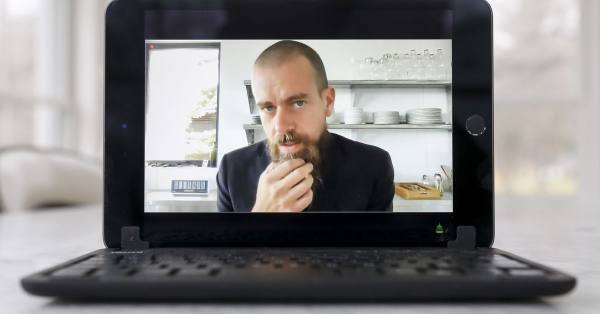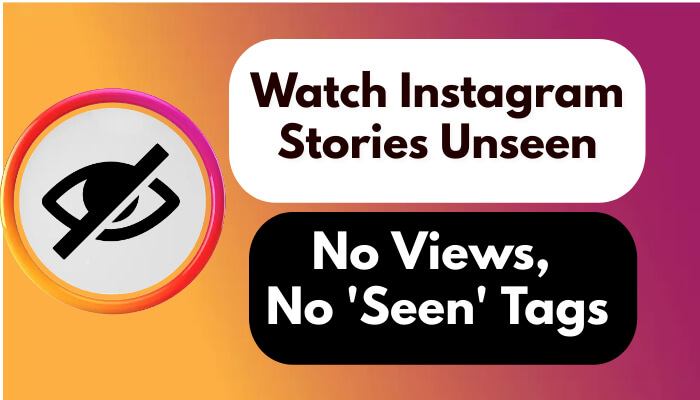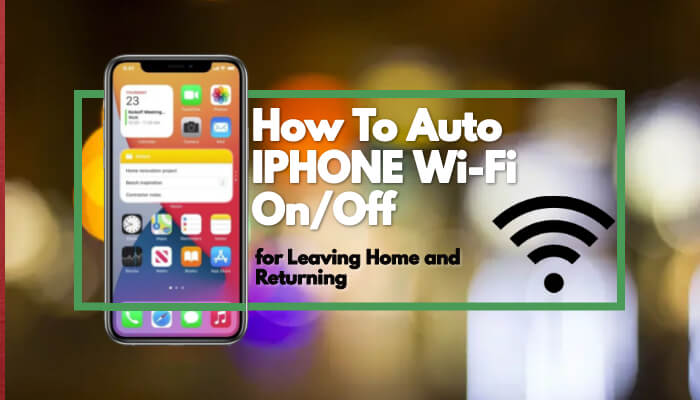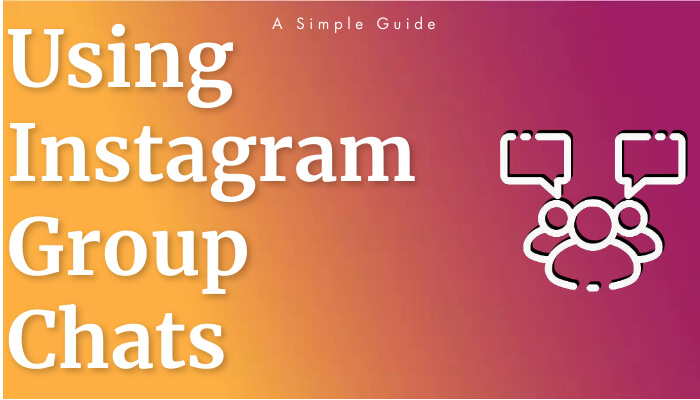
WITHIN THE heart of Congress’ first hearing of the year with the manager executives of Facebook, Google, and Twitter on Thursday, Twitter CEO Jack Dorsey tweeted out a poll. It used to be only a query mark with two solutions: yes and no.
It was once an obtrusive troll directed at the lawmakers wondering Dorsey, Facebook CEO Mark Zuckerberg, and Google CEO Sundar Pichai over the roles their platforms have played in spreading misinformation and inciting a violent revolt on the US Capitol earlier this 12 months. With restricted time for wondering, the contributors would interrupt the CEOs’ responses, inquiring for “sure” or “no” answers or nothing in any respect.
However even as the hearing was occupied with finding answers for a few of probably the most critical loose speech conflicts in historical past, Dorsey’s tweet symbolized just how critically everybody used to be taking it — not very seriously in any respect.
.@jack trolling a member of Congress who requested CEOs to affirm they know the various among "sure" & "no" pic.twitter.com/yGrhPNy5G1
— Cristiano Lima (@viaCristiano) March 25, 2021
WHAT IT APPROACH
It’s not the primary time Zuckerberg, Dorsey, and Pichai have testified before Congress. nevertheless it was the first time they were hauled in after a pro-Trump mob attacked the Capitol on January 6th, killing multiple people. QAnon fans and proper-wing online influencers had been simply some of the people who participated within the assault which was largely arranged and are living-streamed on social media.
ahead of the listening to, Rep. Frank Pallone (D-NJ) informed Politico, “This Is not a listening to just to hear the same old thing.” He persevered, “we would like to understand what we can do legislatively. we wish to cross rules.”
However even after an immediate affront to democracy, lawmakers have been unorganized, making feedback about cancel culture, Mr. Potato Head, and conflating competition, privacy, and moderation right into a large unsolvable problem.
IN THE lead-up to Thursday’s listening to, just one lawmaker, Rep. Anna Eshoo (D-CA), offered law, the “Protective American Citizens from Unhealthy Algorithms Act.” And Rep. Jan Schakowsky (D-IL) held an adventure to speak about Phase 230 reform.
But after the hearing, it doesn’t seem as if the house has moved any toward drafting actual legislative reforms. In other words, Congress has failed to move earlier airing their personal grievances and towards offering real answers.
In a few cases, lawmakers have been asking the tech executives to do greater than they’re capable of reach themselves. Rep. Doris Matsui (D-CA) driven the executives at the rise of anti-Asian violence and hate speech. But as rightly talked about by means of my boss Nilay Patel on Twitter, the us doesn’t have any hate speech policies and it will be tricky to get any related invoice passed.
Expenses have prompted tech firms to take action themselvesIN THE earlier, bills have brought on tech firms to take motion themselves. After the 2016 presidential election, Sens. Amy Klobuchar (D-MN) and Mark Warner (D-VA) introduced the Fair Commercials Act. The invoice was never passed, however it harassed Facebook and Google to host their very own clear ads databases. but if it involves content material moderation and Section 230 reform, Fb, Google, and Twitter are largely against any important adjustments to the law. Any meaningful reform will want to come from Congress.
In A While after the January 6th attack, Warner, Klobuchar, and Sen. Mazie Hirono (D-HI) introduced the PROTECTED TECH Act, which might open new pathways for customers to sue tech companies if content published on their systems threatens them in my view with harassment, discrimination, or different kinds of abuse. The Eshoo invoice could dispose of immunity beneath Phase 230 whilst a platform’s set of rules is proved to have promoted or advisable content related to terrorist acts or civil rights violations.
Still, neither of those expenses have gained a listening to or a lot bipartisan strengthen. IN THE Senate, Sen. Chris Coons (D-DE) will likely be chairing the Judiciary Committee’s subcommittee on privacy and era. In an interview with Politico in advance this month, Coons said that, in some instances, Congress doing not anything is a greater possibility.
but when do hearings fail to pressure the modification Congress says it wants?“In a space the place era is moving rather temporarily, from time to time oversight hearings, letters and conversations with the leaders of prime social media firms can result in those corporations demonstrably changing their practices sooner than we will legislate,” Coons instructed Politico.
but if do hearings fail to power the amendment Congress says it needs? On Thursday, it gave the impression of we had been quickly drawing near that threshold. From Zuckerberg and Pichai, little new information used to be exposed. Dorsey favorited tweets and despatched out silly polls.
WHAT’S NEXT?
Coons told Politico that his Senate Judiciary panel plans on hauling those executives back for an additional hearing sometime in the future. however it’s now not clear when if you want to happen. Such A Lot motion on tech reform is likely to come from the home Judiciary Committee. Last week, that committee completed up its ultimate antitrust hearing on tech. Chairman Rep. David Cicilline (D-RI) instructed Axios to be expecting a deluge of pageant bills within the coming weeks.
“My strategy is you’ll see a number of bills introduced, each because it’s more difficult for the tech companies to control and oppose, , 10 expenses as against one,” Cicilline told Axios.







